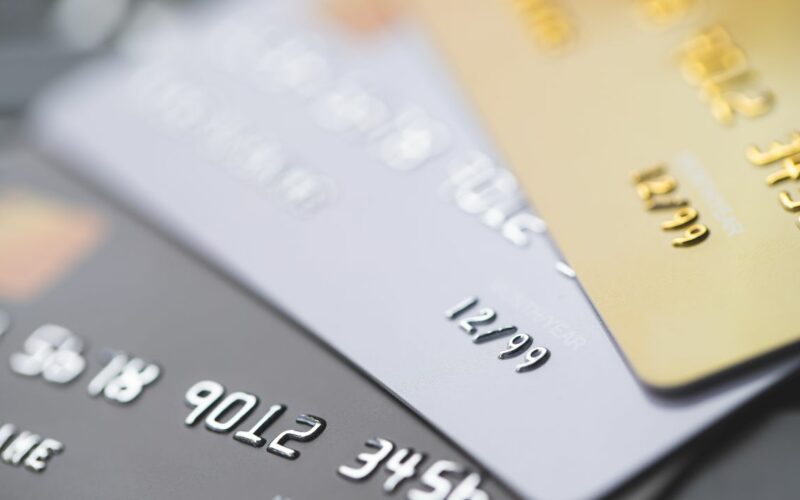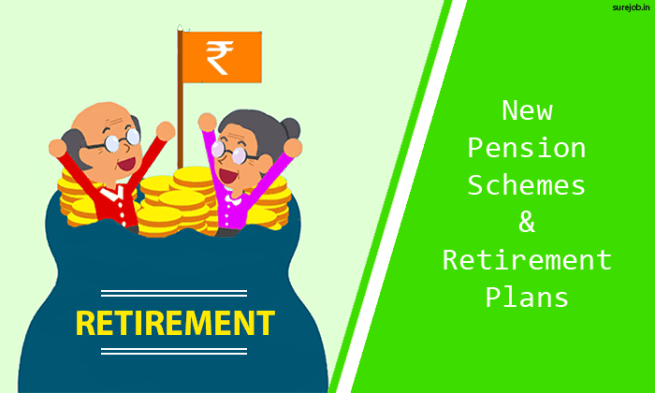If you notice closely, credit cards are almost everywhere. You might have seen Amazon and other online stores offering extra discounts and interest-free EMIs if you use a credit card from a specific bank.
Or, you might have seen small displays outside shops that say they welcome credit cards. At other places, generally on streets, you might come across crude boards put up by some people that say they will give you a cash advance on your credit card.
Above all, you might also have got SMS messages and phone calls asking you if you want a credit card.
But that’s not all. You can find youngsters promoting credit cards from certain banks at railways stations, airports, Metro stations, and also certain bus stands.
As though this isn’t enough, an official at your bank might ask you if you want a credit card and might make some attractive offers to force you to take one. Things don’t stop here. You will get attractive-looking flyers by mail from your bank promoting their credit cards.
You would also see ads online on your Facebook or any other website asking you to click now and apply for a credit card.
And finally, someone in your family or a friend or some colleague might also own a credit card. You could even be surprised that this family member or friend, or colleague is easily able to buy expensive stuff without bothering about their salary or cost of living.
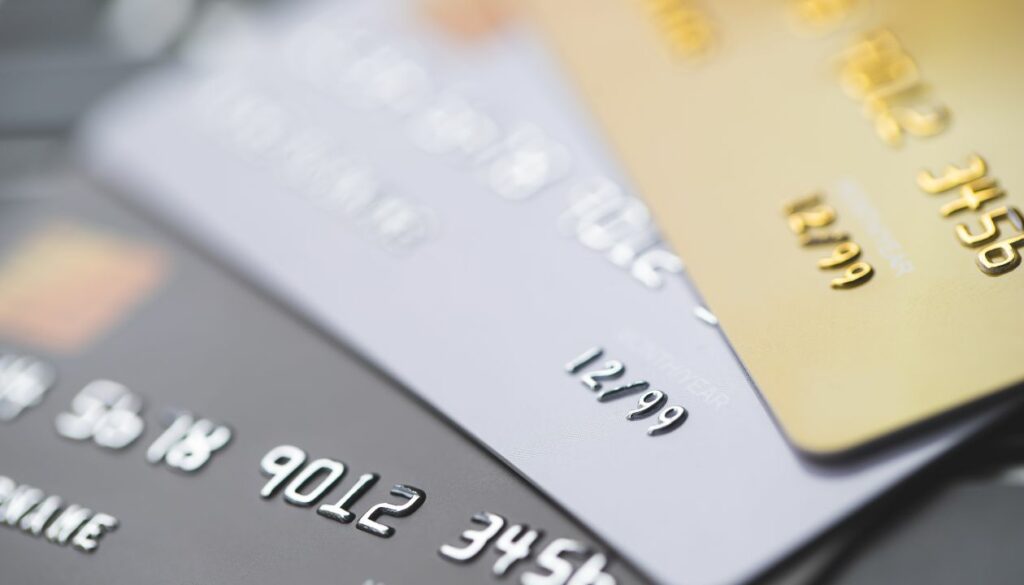
You will see credit cards in movies and TV serials and also ads. For a moment, it might appear as though Indians simply can’t live without a credit card.
Obviously, these things that I describe would make you want to own a credit card. Actually, you don’t own a credit card as such. It is just lent to you by the issuing bank. The credit card, in fact, remains the property of the bank. You can use it as long as the bank permits.
But when you cancel your credit card or the bank refuses to lend you further credit and revokes the card, you have to return that small piece of plastic.
So, what exactly is a credit card? You’ll be surprised that even people who have a credit card actually don’t know what it actually means. In fact, it’s a lot more than just a piece of plastic or epoxy and other material.
What is Credit Card?

A credit card in India comes in two forms. One is the regular plastic credit card that you can carry anywhere to make purchases or even get cash worth a specific amount from an ATM.
The other is a digital credit card, which is generally issued only upon request by specific banks. This credit card and its number, issue and expiry date, and Card Verification Value can be found only on the app of the issuing bank.
Nobody can see this credit card except you because a password is necessary to open the app.
Physical Features
Define a credit card: it is the plastic equivalent of cash. You can pay using your credit card if the store accepts. A credit card will show the name of the bank, the issue and expiry months, your name, and the card number on the front.
It also consists of a small microchip that contains some of your details that help a credit card reader connect online to the payments system and enable you to pay.
Main Brands of Credit Cards in India
But above all, a credit card will also show who is the leading issuer. In India, we can get credit cards issued by three large networks or companies.
- Visa: The US-based issuer of credit cards that has tie-ups with banks and financial institutions in over 200 countries. With over 2.5 billion cards, including Visa debit or ATM cards and Visa credit cards, they are the single-largest issuer of payment cards in the world.
- Mastercard: Also based in the USA, they also rank among the largest issuer of payment cards in the world. Mastercard also operates in some 200 countries around the world and has tie-ups with banks and financial institutions to issue their debit cards or ATM cards, and credit cards.
- RuPay: Relatively a newcomer, RuPay is a payments system for cards and other purposes developed and operated by the National Payments Corporation of India (NCPI), an organization that functions under the Indian government. Though RuPay cards are easily accepted across India, you could face some issues while using it abroad, though the Indian government is ensuring its global acceptance.
You can easily see the logo of the credit card issuer such as Visa, Mastercard or RuPay printed on the card. The location of this logo can differ according to the issuing bank or financial institution.
However, it is printed because international laws make it compulsory to display their logos prominently.
Then we also have some cards from other issues, such as Diners and Discover. There’s also a Japanese brand JCB, which is not found in India.
Next, we have Amex or American Express. These cards are also accepted globally though certain merchants that don’t have agreements with these issuers might not allow you to make a payment with their cards.
Cobranded Cards
In India and around the world, we have cobranded credit cards too. For example, Indian Railways offers a cobranded credit card with the State Bank of India, while Bharat Petroleum offers a special credit card called Octane in collaboration with SBI.
Other banks have cobranded with stores such as Amazon and Flipkart, to name a few. If you opt for a cobranded card, the logo of that business will also be shown on your credit card.
On the reverse side of the credit card, you will find a magnetic strip for transactions at ATMs that don’t have chip readers and a paper strip for your signature.
Next to these will be a small label indicating a three-digit number that serves as your Card Verification Value or CVV.
These are the physical features of a credit card. Now, let’s explore why they’re called credit cards.
A cobranded card gives you some benefits, such as extra discounts when you buy something from that specific company or business.
Spending Limit
A credit card actually means you get credit from the bank of the issuing financial institution. It is a form of a loan. A bank or financial institution decides your credit limit or how much money you can spend on the card, depending on various factors.
These include your salary or income, credit scores, other loans and age, among others.
In India, you can get a credit card with a spending limit that’s as high as six times your monthly salary or even 10 times.
For example, if you have a monthly salary of Rs.25,000, you could get a credit card with a spending limit of Rs.150,000 or, in some cases, as much as Rs.250,000.
In fact, credit card issues have various methods to determine your credit limit. In most cases, they will give you a smaller limit, to begin with and, later, increase it if you’re repaying the full amount of the monthly minimum amount on time.
Billing Cycle
A credit card comes with a billing cycle. This means whatever you buy during the billing cycle will reflect your outstanding amount for that period. You have to pay the bill before the due date, or at least the minimum amount.
The date from your purchase till the amount is billed is generally the credit period. In India, this credit period can be anything between 21 days and 45 days, depending on the bank.
Loyalty Programs
Most credit cards issued in India come with some loyalty program. This means whenever you buy something using your credit card, you will get a specific number of points.
These points are worth money, but you can’t withdraw them or use them to repay your credit card bills. Instead, you can get some freebies from the bank or credit card issuer for these points.
Freebies
As a marketing ploy, all banks offer a lot of freebies to their credit card customers. These can range anything from free online newspaper subscriptions to discount vouchers for restaurants, airlines, hotels, beauty clinics, online stores and many more.
You might find some of these freebies useful, but others are totally useless. However, the bank or issuer will claim that they’re giving you freebies worth thousands of Rupees when you take their credit card. The most common freebie that most credit cards offer is lounge access at Indian airports.
That means, if you’re flying on a domestic route, you can relax at the special lounge instead of the common waiting area while awaiting your flight.
Membership Fees
A credit card comes loaded with fees. In most cases, you will have to pay a card issuance fee when you apply for one. And then you’ll have to pay annual membership fees. Some banks nowadays waive the joining fees and charge only membership fees. Others waive membership fees for the first year. Some waive all charges for a lifetime.
These fees will also depend on the level of your credit card. There’re usually three to four levels. One is the basic level or entry-level which comes with names such as Silver and indicates a smaller spending limit.
The intermediate ones would come as Gold or similar names and have a slightly higher spending limit. The third would come as Platinum or something similar and have a much higher spending limit.
Then we also have credit cards for high-net-worth individuals. These come with fancy names such as ‘black’ or ‘diamond’ or something very exclusive to show they have a very high spending limit that can run into lakhs of rupees.
You can also get add-on cards for your spouse or closest relative and child, depending on the issuer bank. However, an add-on card doesn’t come with an extra spending limit. It simply means that you and the add-on cardholder share the same spending limit.
Membership fees and annual fees also depend on the number of add-on cards you avail. In some cases, the add-on could be free.
Usage
Credit cards are accepted by some 42 lakhs of online and offline businesses in India, according to unverified sources. Nearly 150 billion merchants spread over 200 countries also accept credit cards.
Usually, credit cards issued in India come with domestic usage only for physical purchases. This means you can use them for payments only in India. However, some banks also offer international usage.
This allows you to use the card online and pay the Rupee equivalent of foreign currency. Others allow the user of the credit card to decide their own rights- whether they want it for domestic or international use or both. These controls can be found on the bank’s website and app.
Should I Get A Credit Card?
You will definitely wonder why I am explaining all these details to you. The reason is simple. Unless you know what credit cards mean, what it offers, and what you can actually get, it is not possible to know whether you should own a credit card.
So, here’re some facts. Depending on these, you can decide whether or not you need a credit card.
1. Spending Patterns
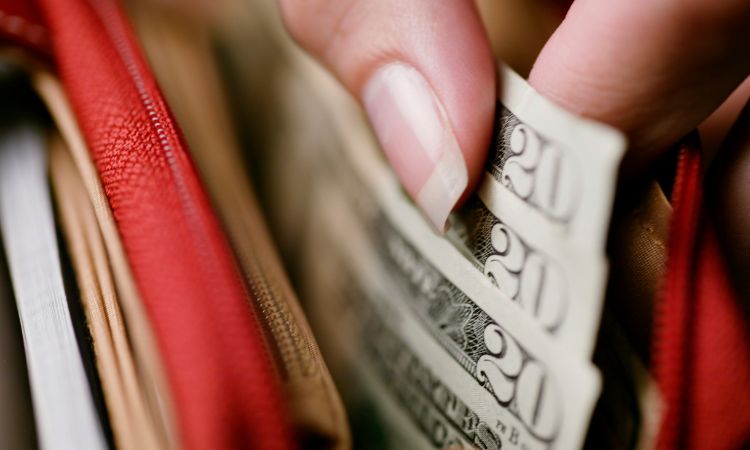
The first thing that you should consider is your spending patterns. Are you prone to overspending? Or do you have several wants that remain unfulfilled? If you have several wants, it is better to be careful while applying for a credit card. As I said earlier, a credit card is a loan in a different form. It gives you instant buying power.
As a person who earns, for example, only Rs.25,000 per month, you might suddenly find yourself having the power to spend Rs.150,000 per month. The fact that you don’t need to pay immediately also seems very tempting and forces you to spend heavily and often beyond your repayment capacity.
Like every other loan, you have to repay what you spend on a credit card. Though a credit card debt is unsecured, you are still liable to pay. Not paying at least the minimum dues on time can attract heavy fines and ruin your credit score. You could also get chased by recovery agents for the outstanding amount.
2. Annual Purchase Rate

Another fact to consider is that all credit cards come loaded with Annual Purchase Rate clauses. For example, if you buy something worth Rs.10,000 and when the bill comes, you pay only 20 per cent of the outstanding amount or Rs.2,000, the balance amount of Rs.8,000 gets carried to the next bill.
However, by the time the next credit card bill comes, you won’t have a fresh limit. Instead, the new spending limit will lower by Rs.8,000 that you didn’t pay and something known as Annual Purchase Rate (APR), which is another form of interest, if you wish to say that.
This APR can run as high as 24 per cent to 36 per cent per year. Therefore, each time you delay paying the full amount, you get more APR added to your next bill.
In fact, the APR of last month gets compounded. That means it attracts more APR. For example, for spending Rs.10,000 and repaying only Rs.2,000 the next month, you will be billed for Rs.8,050 and so on.
This APR keeps on increasing. There can come a time when you might end up paying double or many times the price of your purchase due to compounding APR.
3. Credit Score

Your credit score can take a heavy beating if you don’t settle all your credit card dues on time. Actually, a credit card is very useful for building a healthy credit score.
However, for a healthy score, you need to pay the full amount immediately when the bill is presented. The amount of your repayments, APR and outstanding can impact your credit score.
This means if you have an outstanding amount for a long, your credit score can go low. And this, in turn, could mean that you might be disqualified for another loan you require, such as housing finance, to buy or build a house.
4. Emergency Uses

A credit card is a superb resource when we have emergencies that require lots of money. For example, medical treatment and hospitalization of some close relatives.
In such cases, a credit card is very useful since you don’t need to ask for cash from anyone. You can also pay immediately.
5. International Usage
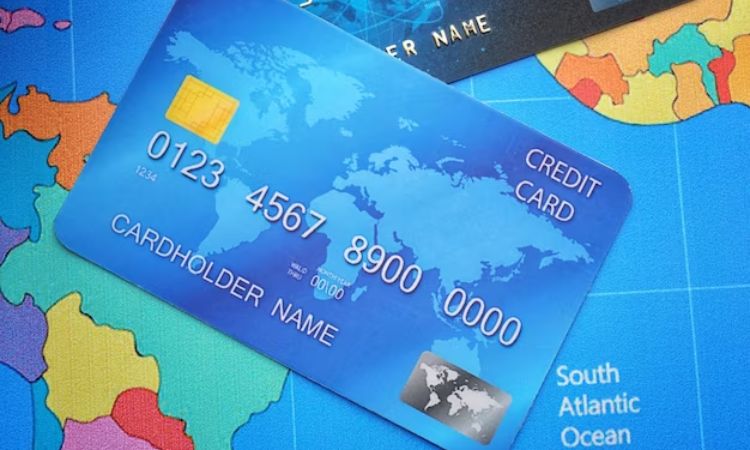
The Indian government allows you to carry foreign currency worth Rs.25 lakhs or even more on your international credit card and spend if you’re travelling to a foreign country for business or pleasure.
Though international usage can attract some extra charges, it's still better than carrying foreign currency in cash.
6. Free Insurance
Most credit cards nowadays come with free accident coverage for the cardholder and, in some cases, for the cardholder and a family member such as a spouse.
This could save you some money on buying a life insurance policy since you needn’t pay an extra premium for coverage for death by accident.
7. Easy to Replace
If you lose your credit card or if someone steals your credit card, all you need to do is call the issuer. You can get a replacement credit card within 24 hours to 48 hours only, depending on your location.
Furthermore, the bank and the issuer freeze your credit card, and you’re protected against fraud usage of your stolen or lost credit card. This feature is especially useful while travelling abroad.
8. Secure to Use
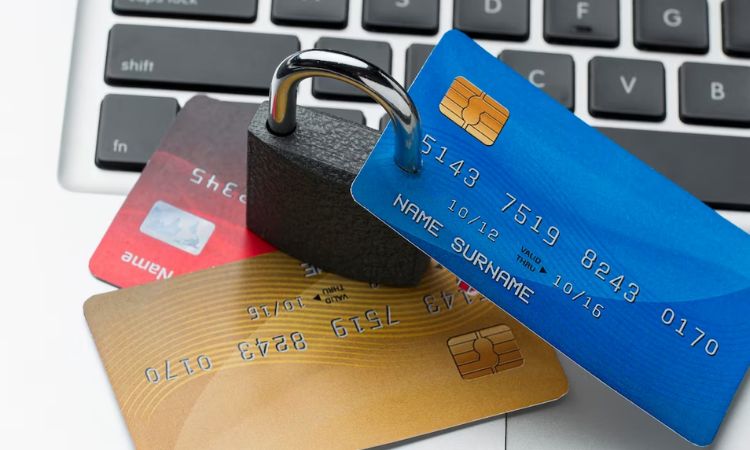
Overall, credit cards are secure and safe to use as long as you keep them properly. Never leak your credit card number or CVV. If you take sufficient care, such as not allowing the card to leave your sight while paying and enough protection while using online, a credit card can be your best financial solution.
9. Secured Credit Cards
If you’re unsure about your spending habits but still want a credit card, I would suggest you look for secured credit cards. A lot of banks in India issue secured credit cards.
This means you have to create a Fixed Deposit at your bank worth a specific amount of money. The bank puts a lien on your Fixed Deposit and issues a credit card with a limit that’s between 75 per cent and 95 per cent of your deposited amount. Secured credit cards offer the same or even more benefits than unsecured credit cards.
For example, if you save Rs.100,000 on a fixed deposit, the bank will issue you a credit card with a spending limit between Rs.75,000 and Rs.95,000. The limit depends on you and the bank’s terms and conditions.
Should you be unable to pay the outstanding amount, the bank will forfeit your fixed deposit money through the lien.
In Conclusion
A credit card can be a superb friend or a bad enemy, depending on how you use it. Careless spending habits can land you in serious debt and ruin your finances, while proper and judicious use means you can benefit from the credit period and also save money.
At the end of 2021, there were 6.2 crore credit cards in India, though the number of users could be less because some people have more than one credit card, and there’re also add-on cards.
On average, an Indian credit card holder spends Rs.14,500 per month. For some people, this amount could be big money. Therefore, if you want to own a credit card, consider all the factors that I mention.





